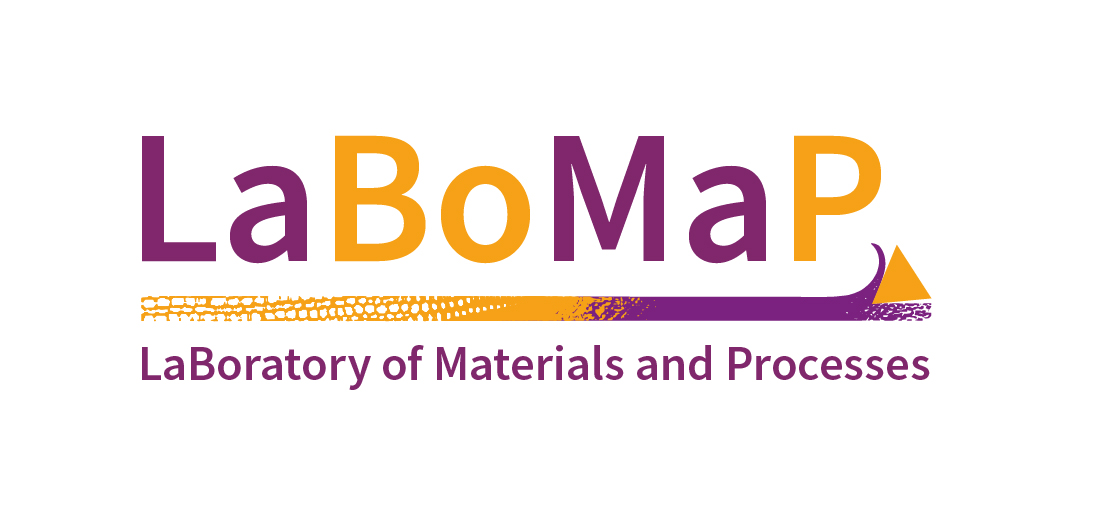LaBoMaP Directory PhD students WMM Team
DEMOULIN Leyne
Published on October 21, 2022 – Updated on April 18, 2024
PhD WMM Team

Thesis Topic
Optimization and homogenisation of laminated wood materialsCaractérisation des propriétés locales de placages pour développer une modélisation EF du bois sans défaut ayant pour but de faciliter l’optimisation et l’homogénéisation des propriétés mécaniques de LVL et contreplaqués
Abstract
Context and objectives The use of biobased materials is intended to increase in the future for the ecological and inclusive transition, in particular to achieve the objectives of energy renovation and modernization in buildings and to help reduce CO2 emissions from transport industries. Wood-based plywood-type panels are already used in transport: train floors, refrigerated truck bodies, ship planks, etc. Their development towards more specialized uses requires a fine-grained approach to integrate the inherent specificities materials from living organisms: unlike synthetic materials, the properties of wood are very variable because they are linked to the growing conditions of trees. The many advances made in scientific equipment for the characterization of materials, in numerical calculation and dimensioning tools suggest that researchers and engineers are currently equipped to ensure a robust and lasting integration of these materials in the field of transport. This thesis project aims to remove this barrier by optimizing and homogenizing heterogeneous and variable wood-based materials by stratification and hybridization with natural fiber composites for structural applications in transport. Expected works The first work of the doctoral student will be to develop a method allowing a precise characterization of the folds of the wood composite (called veneers). This fine mapping of the properties of each veneer allows a faithful modeling of more complex reconstituted technical products. For this, LaBoMaP has developed expertise in local measurement of the orientation of wood fibers and its modeling [1-3]. These are recent methods with great potential that the doctoral student will have to continue to develop. We are thinking in particular of a better representation of the orientation of the fibers in space, requiring geometric modeling of the problem taking into account, for example, the angle of insertion of the branches into the tree, their diameter, etc. In a second step, a mechanical model will have to be developed taking into account the variation of the mechanical properties according to the variation of the angle of the fibers. This modeling will have to take into account the density characteristics, as proposed by the models in the current literature, but also characteristics at the micro or nanometric scale (angle of cellulose microfibrils). Perhaps surprisingly, the simple fundamental knowledge of the mechanical characteristics of a wood veneer as a function of the angle of the fibers is not trivial and will therefore require considerable modeling and experimentation. How the modulus and the longitudinal resistance of a wood specimen vary with the angle of the fibers, and how precisely we are able to know this, constitutes the main scientific block of this thesis. The idea is to seek to validate these models on increasingly heterogeneous woods, in order to determine their limits. Finally, the final objective is to achieve a modeling of a high performance single or multi-species LVL laminate by finely characterizing its mechanical characteristics, in order to be able to offer a reliable biobased material for transport applications. Interactions with project partners from the femto-ST and DRIVE laboratories will also determine the effect of the addition of composite materials to the skin of the laminate on the performance and reliability of the product. The work envisaged is a work of analytical and numerical mechanical modeling, of "geometric" modeling to take into account the angles of fibers in space, with a strong experimental component.Doctoral advisors
- Louis DENAUD - Director,
- Stéphane GIRARDON,
- Guillaume POT.

